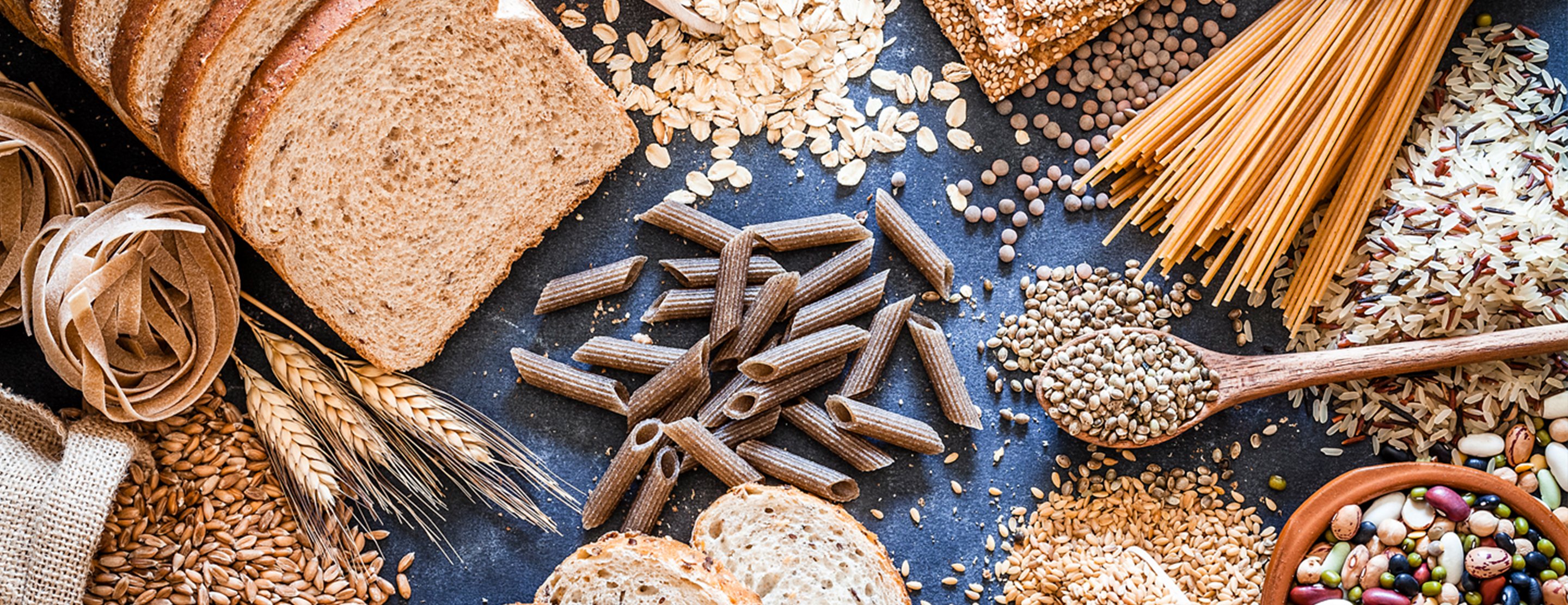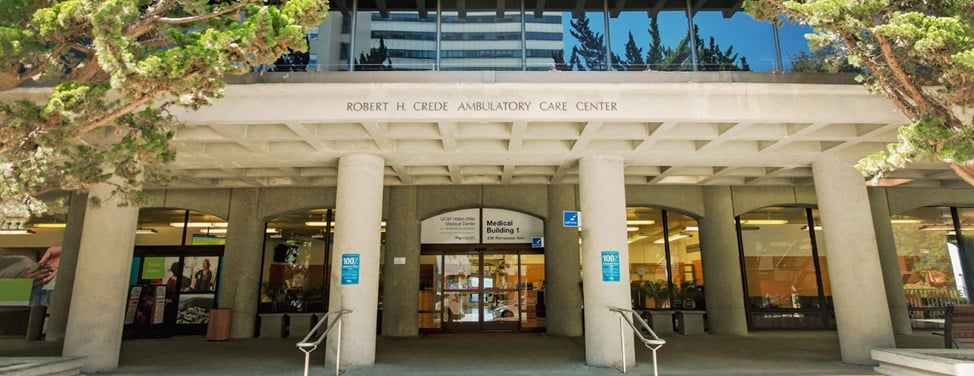
Carbohydrates
Carbohydrates, found in many of the foods we eat, are digested and turn into glucose, which is an important fuel for our bodies. Insulin acts like a key to unlock cells so that glucose can move from the bloodstream into the cells where it is used as fuel.
Carbohydrate counting is a useful tool for people who have diabetes. Balancing carbohydrates and insulin helps keep your blood sugars in a healthy range. Carbohydrates in foods are measured in units called grams.
Carbohydrate Foods
The following foods contain carbohydrates:
- Breads, tortillas, crackers, bagels and rolls
- Cereals, grains, pasta and rice
- Fruit and juices
- Legumes such as black beans, kidney beans and pinto beans
- Lentils and split peas
- Milk and yogurt (but not cheese)
- Starchy vegetables such as corn, peas, potatoes, winter squash and yams
Non-starchy vegetables such as broccoli and carrots have smaller amounts of carbohydrates.
Sweets — such as candies, cookies, honey, pastries, sodas, sugar and syrups — are often concentrated sources of carbohydrates.
Counting Carbohydrates In Food
- Read food labels for serving size and grams of carbohydrates
- Refer to carbohydrate counting lists
- Refer to nutrition information in restaurants and on websites
- Use online carbohydrate counting resources and food composition books
Reading Food Labels
The two most important pieces of information for the carbohydrate controlled diet is the serving size and the grams of total carbohydrates. You can find this information for a food by reading the food label, which lists the serving size, servings per container, total grams of carbohydrates and much more.










